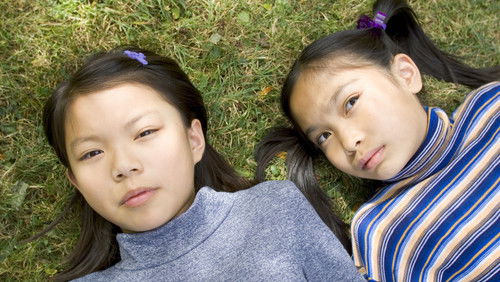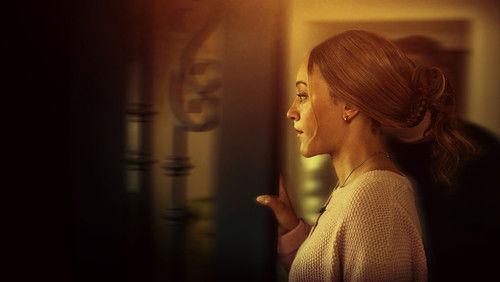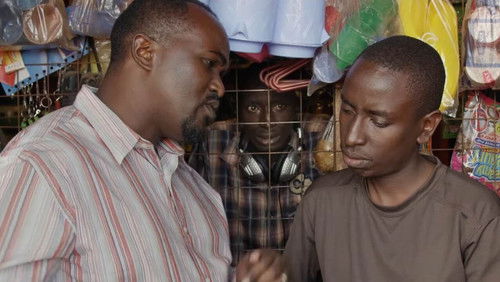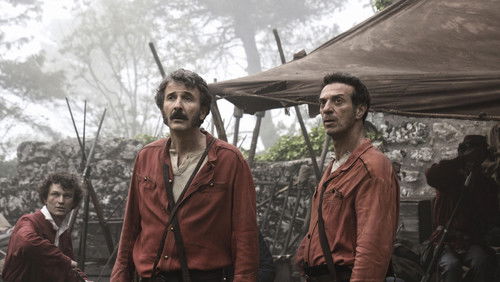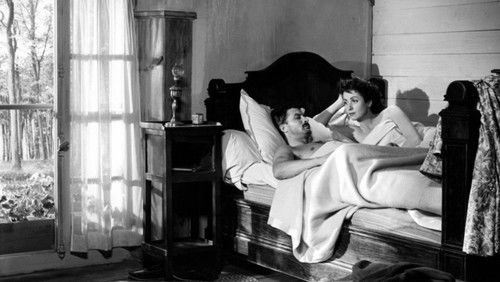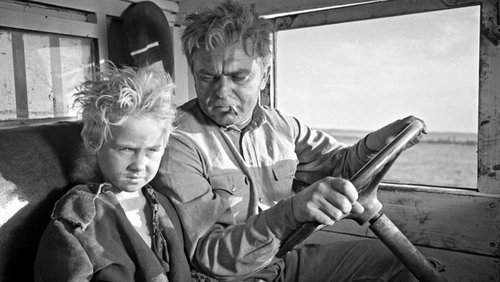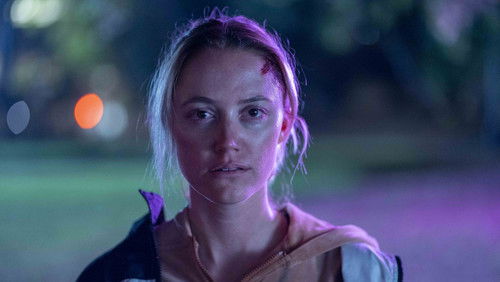Die Unschuldigen (2016)
49KDie Unschuldigen: Directed by Anne Fontaine. With Lou de Laâge, Agata Buzek, Agata Kulesza, Vincent Macaigne. 1945. Mathilde is a French Red Cross doctor working on a mission to help the French survivors of the German camps. While she works in Poland, she is asked for help by a nun. In her convent, several nuns are pregnant.
“In case the 2013 movie Ida did not give you enough of a taste of the bleak Polish landscape post-World War II and the existential difficulties a young novice there may face, The Innocents gives a whole convent of them. The opening credits note the film is based on real events. These were documented by Madeleine Pauliac, a member of the French Resistance and a Red Cross doctor in charge of repatriating French soldiers scattered in camps and hospitals across Poland at the end of the war. Her nephew helped develop the movie, using her notes. French Director Anne Fontaine and a team of writers have brought to life this sensitive story of the aftermath of the countryu0026#39;s u0026quot;liberationu0026quot; by the Soviet army. In the soldiersu0026#39; point of view and with their commandersu0026#39; encouragement, this meant enjoying the spoils of war. As a result, at least seven of the twenty or so Benedictine nuns in this isolated convent are pregnant. u0026quot;What at first appears to be an austere, holy retreat from surrounding horrors is revealed to be a savagely violated sanctuary awash in fear, trauma and shame,u0026quot; says Stephen Holden in the New York Times. While the Sisters have taken vows to hide their bodies from the view and touch of others, when the babies start coming, life gets complicated. Childbirth is a terrifying physical, emotional, and most especially, spiritual crisis for the young nuns, who feel abandoned by God. Hearing her Sisteru0026#39;s plaintive cries, a young novice runs to the nearby village in search of a doctor who is not Polish and not Russian. She finds an aid station staffed by the French Red Cross. Will the young doctor Mathilde (modeled on Pauliac in a stirring and subtle performance by Lou de Laâge) help? Will she be allowed to? What will become of these babies? Keeping the children would bring scandal down on the heads of the nuns, whose situation is precarious, given the post-war privations, the suppression of the Church by Polandu0026#39;s new Communist regime, and popular prejudice against illegitimate babies and unwed mothers, regardless of circumstances. They are sitting ducks. While you might be tempted to think of this movie as a period piece, wars with rape as a tactic continue today, with the young women victims often ostracized from their communities and families. The stern Mother Abbess (Agata Kulesza, also in the cast of Ida) swears Mathilde to secrecy about the births, but is quietly frantic they will be discovered. The Mother Abbess has her own probably fatal post-rape difficulty, but this is inconsequential compared to her fear for the loss of her soul. Acting as intermediary, Sister Maria (Agata Buzek), serves as translator, though the cultural divide remains almost unbridgeable. Says Christy Lemire in Rogerebert.com, Mathilde, the non-believer, is u0026quot;a voice of reason in a place of sacred mystery.u0026quot; The fine acting in this movie helps it maintain a quiet dignity and lack of sentimentality about this whole ugly business. In French and Polish, with subtitles.”

